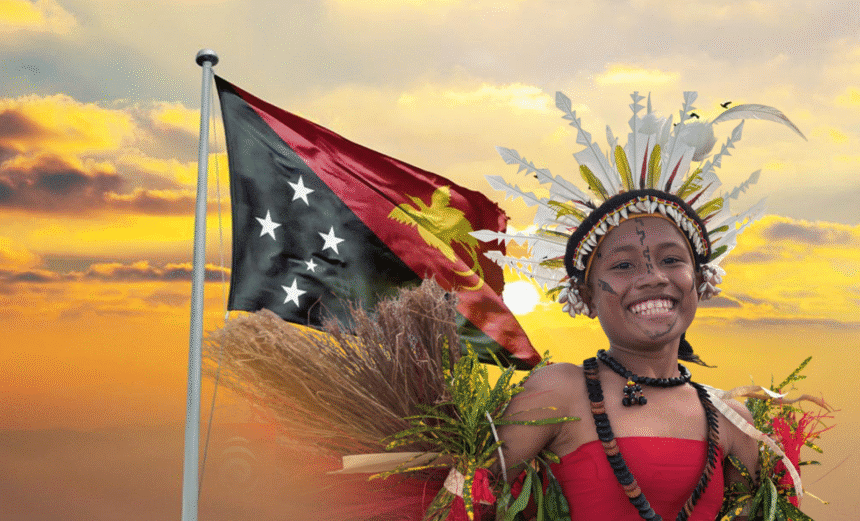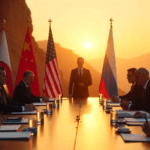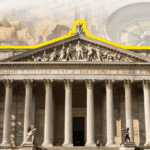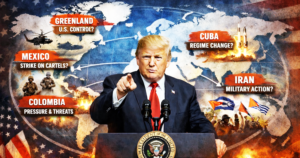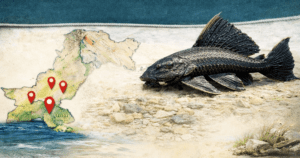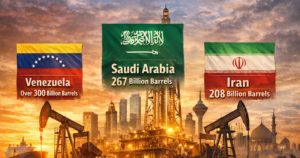Papua New Guinea (PNG) celebrated 50 years of independence from Australia on 16th September, 2025, with golden jubilee festivities sweeping across the capital and the provinces. The anniversary brought thousands of people to Port Moresby, where parades, traditional dances, and cultural performances showcased the nation’s extraordinary diversity and resilience since gaining sovereignty on September 16, 1975.
The road to independence was long and complex. The eastern half of the island of New Guinea, along with its surrounding islands, was divided in the late 19th century between German and British colonial powers. The north became German New Guinea, while the south was declared British New Guinea in 1884. Following World War I, Australia assumed control of the northern territory under a League of Nations mandate and formally annexed the southern portion as Papua. After World War II, the two were merged into the Territory of Papua and New Guinea under Australian administration. As decolonization movements swept the globe in the mid-20th century, Papua New Guineans pressed for self-rule, leading to independence in 1975 under the leadership of Sir Michael Somare, who became the nation’s first prime minister and is still remembered as the “Father of the Nation.”
This year’s golden jubilee celebrations were both festive and reflective. Port Moresby hosted a grand independence parade, with participants clad in colorful traditional attire representing the country’s more than 800 distinct cultural groups. Fireworks and flag-raising ceremonies illuminated the capital, while thanksgiving services and community celebrations unfolded across the country’s 22 provinces. The event drew regional leaders and international dignitaries, including representatives from Australia, New Zealand, and other Pacific neighbors. In his address, Prime Minister James Marape called on citizens to honor the past while looking to the future, declaring, “Fifty years ago, our people stepped into nationhood with hope and humility. Today, we honor our forefathers, celebrate our diversity, and commit to building a stronger, united Papua New Guinea.”
Home to more than 9.6 million people, Papua New Guinea is one of the most culturally and linguistically diverse countries in the world. Its rugged mountains, dense rainforests, and scattered islands have helped preserve centuries-old traditions, while also presenting challenges for national unity and infrastructure development. The economy relies heavily on natural resources such as gold, copper, oil, and natural gas, alongside agriculture that sustains much of the rural population. Yet despite its resource wealth, PNG continues to grapple with poverty, healthcare shortages, limited access to education, and political instability.
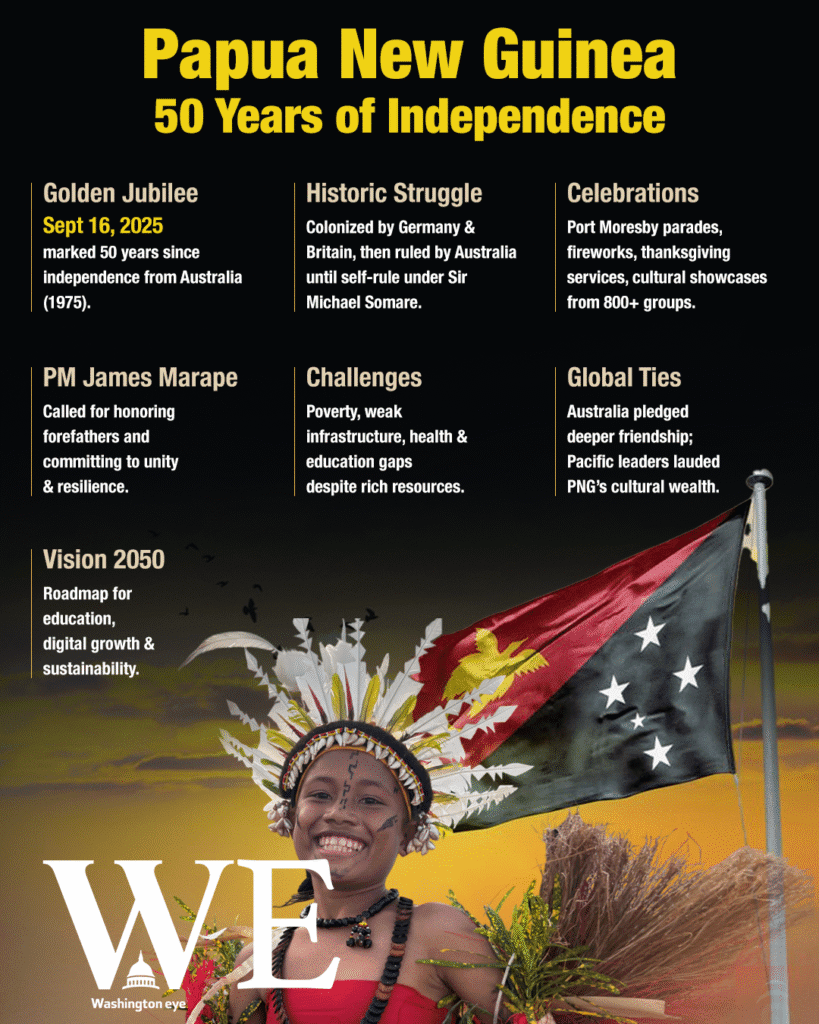
Nevertheless, the country has demonstrated resilience over five decades of independence. It has nurtured a democratic system, hosted international events such as the 2018 APEC Summit, and emerged as an important voice in Pacific diplomacy. The government has unveiled a long-term development blueprint, Vision 2050, which emphasizes education, infrastructure, digital innovation, and sustainable growth. At the same time, pressing issues such as climate change and rising sea levels threaten coastal communities, underscoring the need for urgent adaptation and resilience strategies.
Australia, once the administering power, continues to be Papua New Guinea’s largest aid partner and closest neighbor. In a goodwill message, Australian Prime Minister Anthony Albanese described PNG as “a partner bound by geography, history, and friendship” and pledged to deepen bilateral ties in the decades ahead. The sentiment was echoed by Pacific leaders who hailed Papua New Guinea’s cultural richness and strategic importance in the region.
For many citizens, however, the jubilee is as much about people as politics. Across the highlands and islands, villages marked the day with songs, traditional gatherings of dance and music alongside sports tournaments and communal feasts. It was a moment not only to recall the struggles of independence but to reaffirm national pride in the face of challenges.
As Papua New Guinea reflects on its first half-century of independence, the celebrations highlight both the journey and the promise that lies ahead. The golden jubilee is a reminder of the nation’s resilience, its cultural wealth, and its enduring determination to chart its own path in the Pacific and the world.

